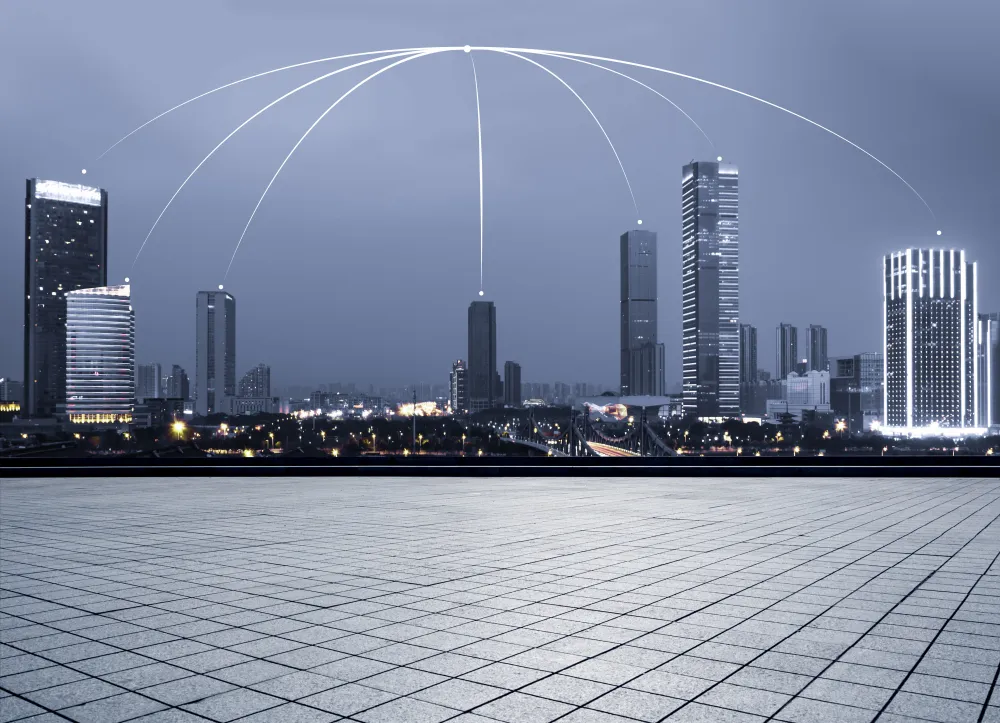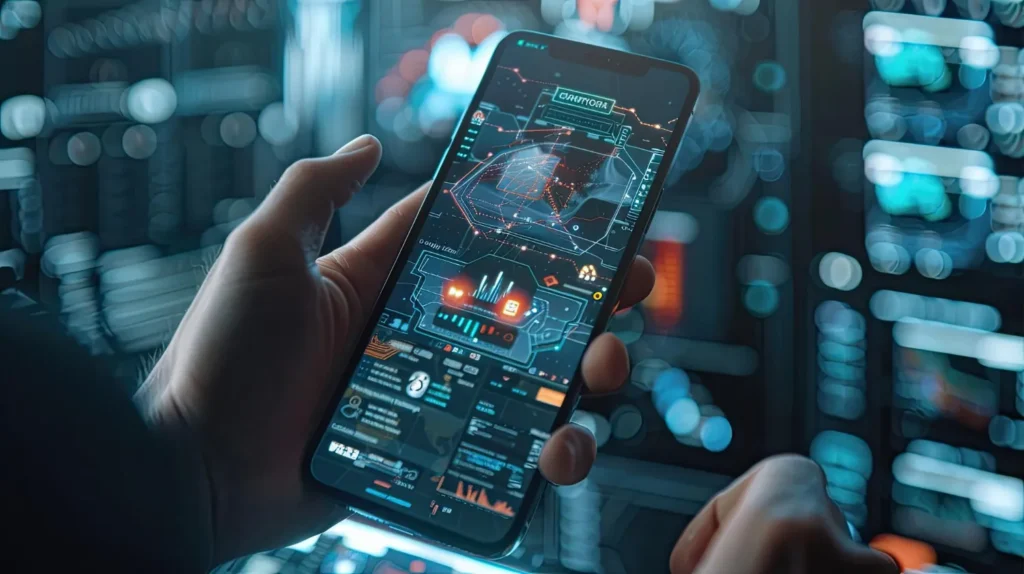In today’s digital landscape, the Internet of Things (IoT) stands at the forefront of technological innovation, promising to revolutionize how we interact with our surroundings and each other. From smart homes and connected cars to industrial automation and smart cities, IoT has already begun to reshape various sectors, offering unprecedented levels of connectivity, efficiency, and convenience. However, as we look ahead, the future of IoT holds even greater promise, with transformative impacts anticipated across industries and everyday life. This blog delves into the potential future of IoT, backed by statistics and projections, exploring its implications, challenges, and what lies ahead.
The Current State of IoT
Adoption Rates:
Industry Applications:
Consumer Applications:
The Future Landscape of IoT
Expansion Across Industries:
The future of IoT will see its expansion into new domains and deeper integration across existing industries:
Healthcare
IoT will play a pivotal role in advancing telemedicine and remote patient monitoring. By 2026, the global market for IoT healthcare devices is projected to reach $136.8 billion, driven by the demand for personalized healthcare solutions and aging populations.
Smart Cities
Agriculture
Transportation

Enhanced Data Analytics and AI Integration
Predictive Maintenance
Real-Time Decision Making
Economic Impact
IoT is not just a technological advancement; it is a driver of economic growth and productivity:
- According to McKinsey Global Institute, IoT has the potential to create economic value of $3.9 trillion to $11.1 trillion annually by 2025. This value stems from increased productivity, cost savings, and new revenue streams across various industries.
Environmental Sustainability
IoT technologies have the potential to contribute significantly to sustainability efforts:
- IoT-enabled smart grids and energy management systems can optimize energy consumption, reduce carbon emissions, and support the integration of renewable energy sources.
- Smart agriculture practices enabled by IoT can minimize water usage, reduce chemical inputs, and promote soil health, contributing to sustainable food production.
Challenges and Considerations
Security and Privacy
As IoT ecosystems grow in complexity and scale, ensuring robust cybersecurity measures and protecting user privacy become critical:
- According to a study by Gemalto, 90% of consumers lack confidence in the security of IoT devices. Strengthening security protocols, implementing encryption standards, and enhancing device authentication mechanisms are essential to building trust and mitigating cybersecurity risks.
Regulatory Frameworks
The rapid pace of IoT innovation poses challenges for regulatory frameworks and standards:
- Governments and policymakers must develop agile regulatory frameworks that address privacy concerns, data ownership issues, and interoperability standards while fostering innovation and protecting consumer rights.
Ethical Use of Data
IoT generates vast amounts of data about individuals and communities, raising ethical considerations:
- Transparency in data collection practices, obtaining informed consent from users, and adhering to ethical guidelines are essential to ensure responsible deployment of IoT technologies.
Conclusion
The future of IoT holds immense promise, with the potential to transform industries, enhance quality of life, and drive sustainable development. From healthcare and agriculture to smart cities and transportation, IoT’s impact will be profound and far-reaching. However, realizing this potential requires addressing challenges such as cybersecurity risks, regulatory complexities, and ethical considerations.
As we look ahead, collaboration among stakeholders—technology developers, businesses, governments, and consumers—will be crucial to shaping a future where IoT contributes positively to society and the economy. By embracing innovation responsibly, leveraging data-driven insights, and prioritizing sustainability and ethical practices, we can unlock the full transformative power of the Internet of Things.

